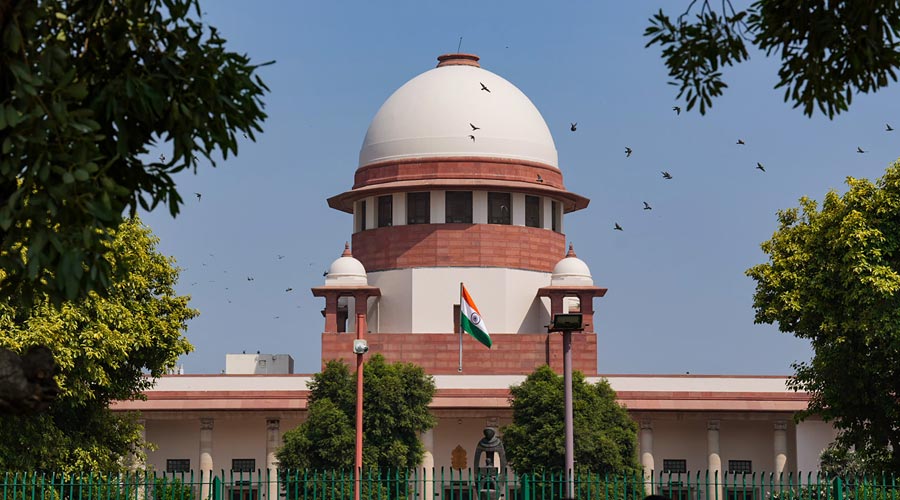The Supreme Court agreed to hear a plea against Centre’s decision to ban BBC documentary on Prime Minister Modi 2022 Gujarat riots in the country. The apex court agreed to list the Public Interest Litigation on 6 February.
Advocate ML Sharma has filed the PIL mentioned the matter for early hearing before a bench headed by Chief Justice DY Chandrachud. The PIL sought quashing of the January 21 order of the Centre, terming it “illegal, mala fide, arbitrary and unconstitutional”.
The bench took note of the submissions made by senior advocates C U Singh and advocate ML Sharma seeking urgent listing of their separate PILs on the issue.
The PIL filed by advocate Sharma also urged the apex court to call and examine the BBC documentary – both parts I and II – and sought action against persons who were responsible and were involved directly and indirectly with the 2002 Gujarat riots.
PIL has raised a constitutional question and the apex court has to decide whether citizens have the right under Article 19 (1) (2) to see news, facts and reports on the 2002 Gujarat riots, Sharma said.
“Issue writ of mandamus to the Respondent for quashing of the impugned order dated January 21, 2023 issued under rule 16 of IT rule 2021 being illegal, malafide and arbitrary unconstitutional and void ab-initio and ultra vires to the Constitution of India to provide complete justice,” the PIL stated.
As per the sources, on January 21, the Centre had issued directions for blocking multiple YouTube videos and Twitter posts sharing links to the controversial BBC documentary.
Whether the central government can curtail freedom of press which is a fundamental right as guaranteed under Article 19 (1) (2) of the Constitution, asked the PIL.
It added, “Whether without having an Emergency declared under Article 352 of the Constitution of India by the president, Emergency provisions can be invoked by the central government?”







